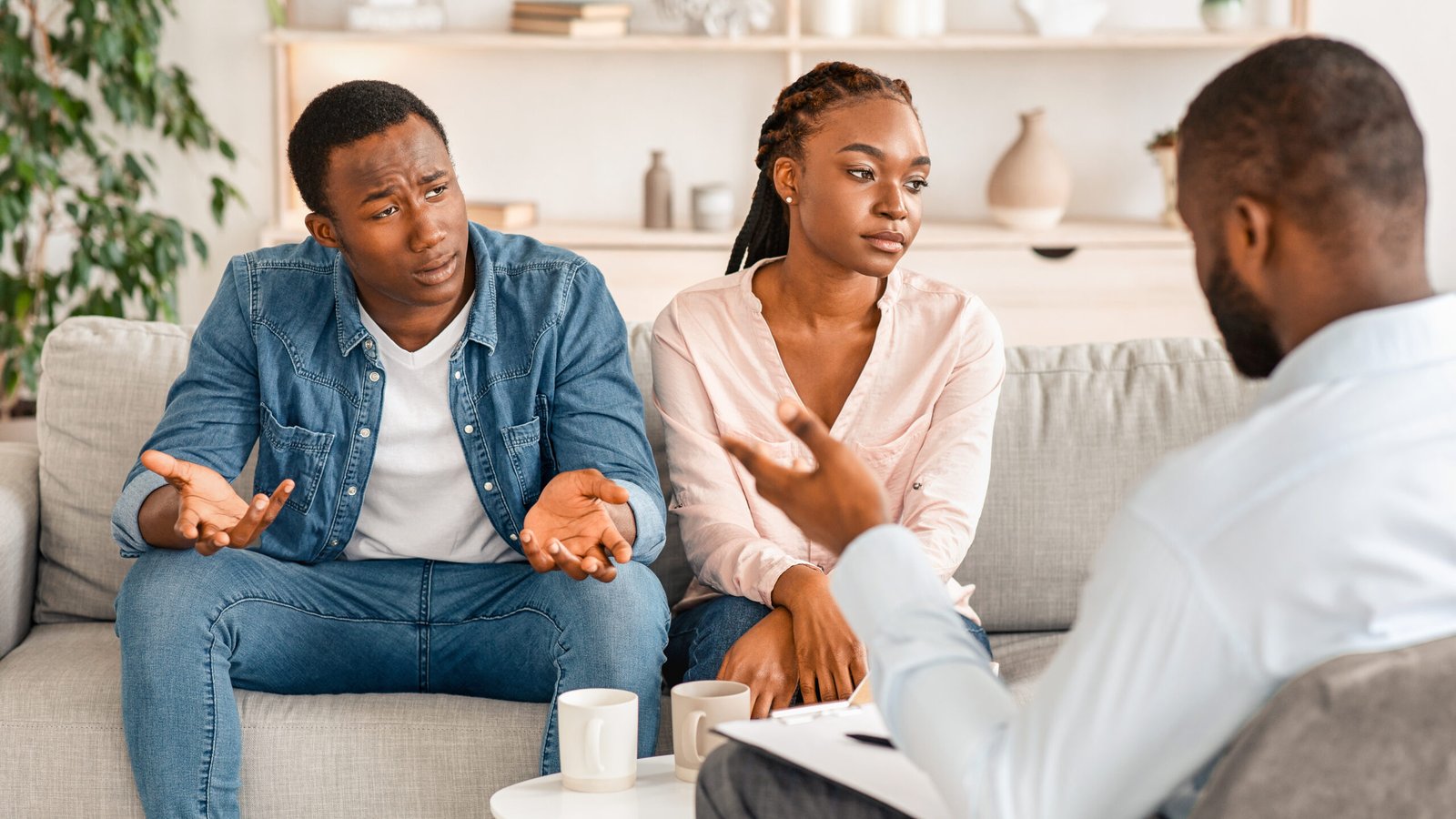Emotional Abuse in Marriage: Recognizing the Signs and Finding Help
What are the signs of emotional abuse in my marriage, and how can I get help?
It takes courage to ask the question: “Am I experiencing emotional abuse in my marriage?” Recognizing emotional abuse can be challenging because it often doesn’t leave visible scars. However, its impact can be just as devastating as physical harm. Drawing on insights from relationship expert Dr. Lee Baucom’s work and general discussions on marital dynamics, let’s explore the signs of emotional abuse and how you can seek help.
If you are experiencing physical threats or harm from your spouse, please stop reading immediately. Your safety is the top priority. Contact the domestic violence hotline at 1-800-799-7233 (TTY 1-800-787-3224) or reach out to your local domestic violence shelter. In such situations, an abusive person is trying to control you, making a healthy partnership impossible.
Our sources highlight that while they primarily focus on marriages that are “hurting” rather than overtly abusive, the foundation of abuse often lies in control and domination. The presence of a partner trying to control you, as opposed to partnering with you, is a crucial indicator of an unhealthy and potentially abusive dynamic.
While the sources do not provide an exhaustive list of signs of emotional abuse, understanding the concept of control can help you identify concerning behaviors. Consider if your partner:
- Constantly criticizes or belittles you: Making you feel worthless or inadequate.
- Isolates you from friends and family: Trying to cut off your support network.
- Monitors your activities: Checking your phone, emails, or whereabouts without your consent.
- Makes threats or uses intimidation: Trying to scare you into compliance.
- Gaslights you: Making you doubt your own sanity or perception of reality.
- Humiliates you publicly or privately: Embarrassing you in front of others or behind closed doors.
- Blames you for everything: Never taking responsibility for their own actions.
- Controls finances: Restricting your access to money or making all financial decisions without your input.
- Dismisses your feelings: Telling you that you are overreacting or that your emotions don’t matter.
Dr. Baucom, a veteran of marriage therapy and relationship coaching, emphasizes that in healthy relationships, individuals work as partners, not adversaries. His “Save the Marriage” system is designed for couples in crisis, focusing on understanding deeper emotional and psychological dynamics. He believes that sometimes, even if only one partner is willing to work on the marriage, that individual can initiate positive change by focusing on their own mindset, responsibility, and relational empowerment.
Dr. Baucom’s approach differs from traditional marriage counseling in that it acknowledges situations where only one partner might be engaged in saving the marriage. His work, detailed in books like “Save the Marriage” and “How to Save Your Marriage in 3 Simple Steps“, offers practical steps for rebuilding relationships by shifting away from blame and focusing on personal control over behaviors, attitudes, and emotional responses. He also stresses that marriage is a journey of personal and relational growth, where challenges can be opportunities for deeper connection.
However, it is vital to recognize the limitations of general marriage help resources when dealing with abuse. If the controlling behavior escalates to include physical threats or harm, your immediate safety must be the priority. In such cases, seeking help from resources specifically designed for domestic violence is crucial.
How to Get Help:
If you recognize signs of emotional abuse in your marriage:
- Prioritize your safety: If you feel threatened or unsafe, make a plan to leave the situation immediately.
- Reach out for support: Talk to a trusted friend, family member, or mental health professional about what you are experiencing.
- Contact the National Domestic Violence Hotline: Call 1-800-799-7233 (TTY 1-800-787-3224) for confidential support and resources.
- Connect with a local domestic violence shelter: They can provide safe housing, counseling, and other essential services.
- Consider therapy for yourself: A therapist specializing in abuse can help you process your experiences, understand the dynamics of abusive relationships, and develop strategies for safety and healing.
While Dr. Baucom’s resources can be helpful for addressing general marital problems and fostering positive change when both partners (or even one) are committed to a healthier dynamic, they might not be appropriate or safe in a situation where control and abuse are present.
In conclusion, while the sources emphasize working towards a healthy “WE” in a marriage, the presence of a partner consistently trying to control you, rather than partnering with you, is a significant red flag for emotional abuse. If you are experiencing such control, especially if it involves threats or harm, your safety is paramount. Seek help from specialized domestic violence resources immediately.




